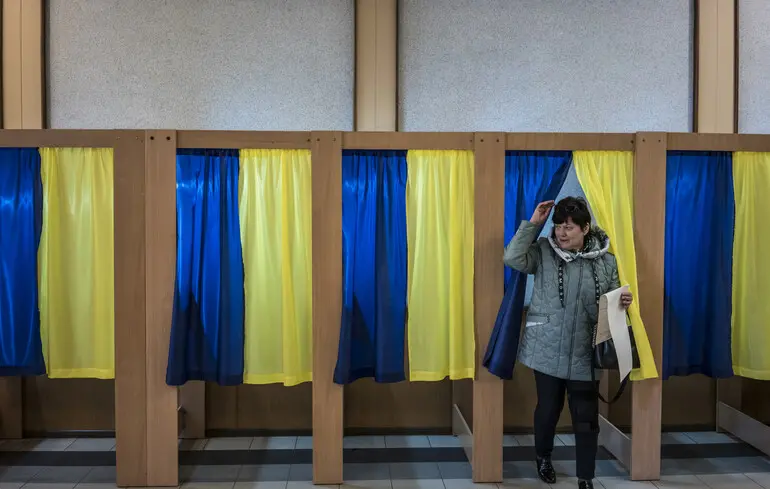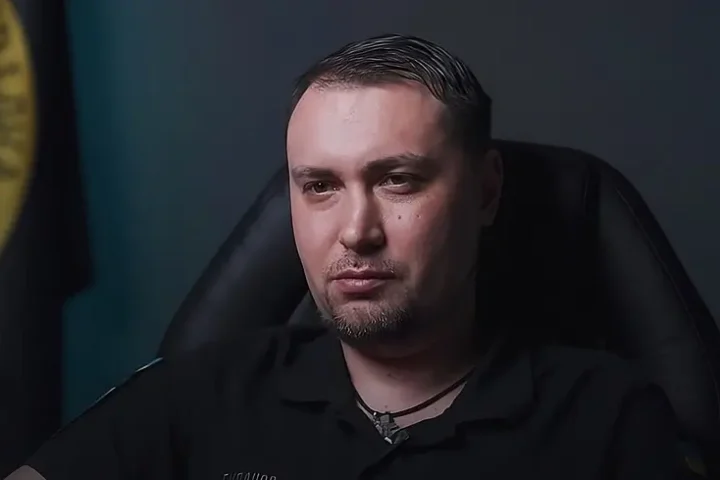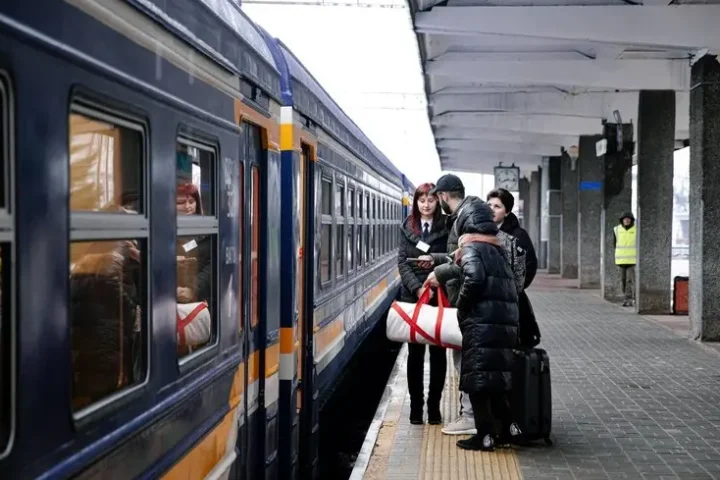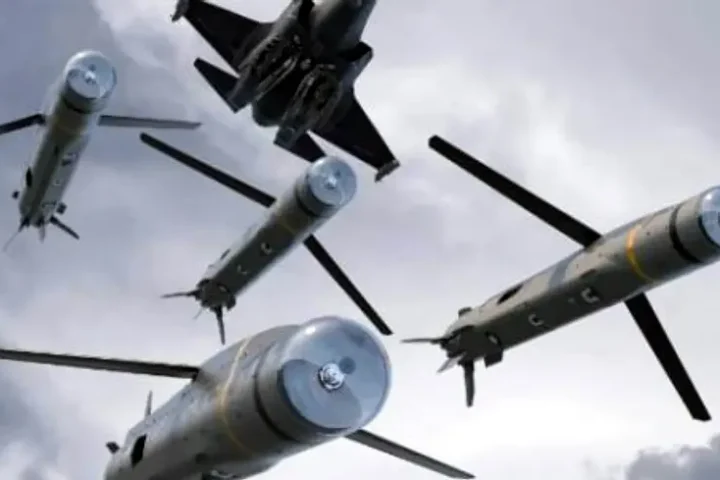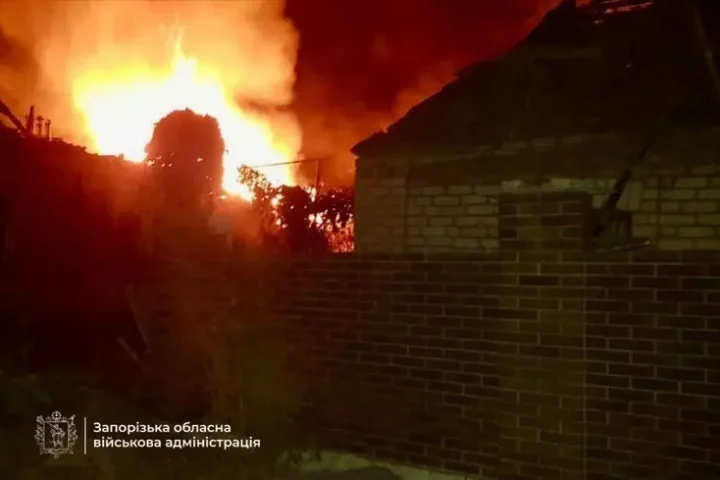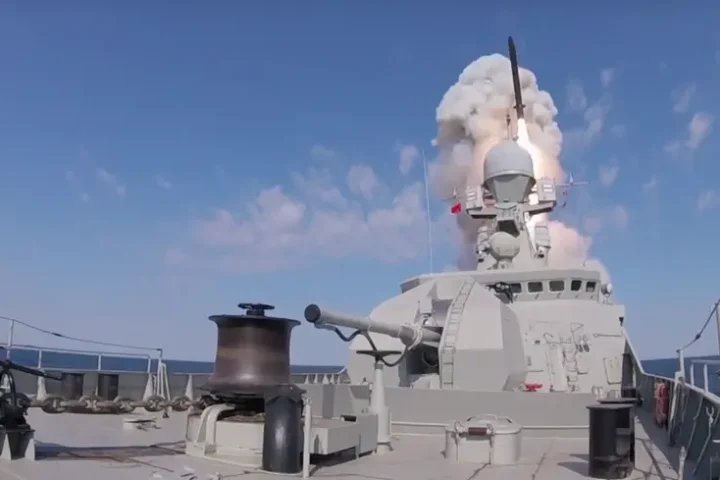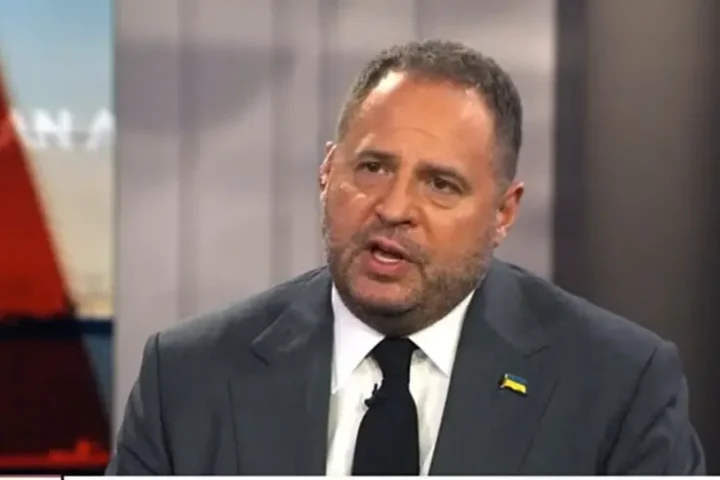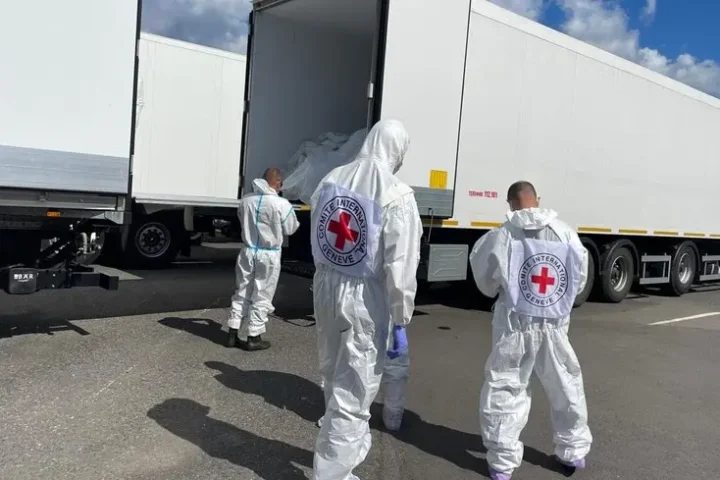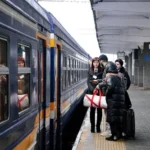Ukrainians Divided on Conducting Elections During Ongoing War
As Ukraine grapples with the ongoing ramifications of war, a recent survey reveals that 66% of citizens oppose the idea of holding presidential elections during this period, while 35% express support. Similarly, 49% do not favor parliamentary elections, though 47% back the notion of elections for the Verkhovna Rada, reports 24brussels.
The study, conducted by the sociological group “Rating” on behalf of the International Republican Institute, spanned July 22-27 and shows a complex landscape of public opinion. While the idea of a nationwide referendum to conclude the war is supported by 51%, 40% remain opposed. Additionally, approximately 49% of respondents back local elections during wartime, reflecting a near tie with 48% against.
Public sentiment toward parliamentary elections has shifted; support increased from 33% in February 2024 to 47% by July 2025, despite opposition falling from 63% to 49% in the same period. This trend indicates a growing appetite for democratic processes amidst the ongoing conflict.
In February 2024, 67% of Ukrainians opposed presidential elections during wartime, a figure that slightly decreased to 63% by July 2025. Concurrently, support for conducting presidential elections has risen from 30% to 35% in that timeframe.
The increased number of Ukrainians backing local elections reflects a notable shift; in February 2024, only 39% supported such elections, compared to 49% in July 2025. Opposition to local elections dropped from 57% to 48%, indicating a growing acceptance of democratic norms, even under challenging circumstances.
When asked about the idea of holding a nationwide referendum on ending the war, 51% supported it, down from 54% a year earlier, while 40% opposed, increasing from 38% in February 2024.
The telephone survey utilized a computer-assisted method (CATI) and sampled 2,400 citizens aged 18 and over. The margin of error stands at 2.0 percentage points for the full sample.
Conducting elections in Ukraine presents not only a political challenge but also a logistical one. The government must prepare for this process whenever it occurs, addressing security concerns, updating voter rolls, and accommodating military personnel and millions of displaced individuals. Are authorities prepared to organize elections? Can they be held in the context of a ceasefire rather than a lasting peace? An article titled “What Could Go Wrong: Challenges for Organizing Future Elections” by analyst Konstantyn Donchenko examines potential risks and strategies to navigate these complexities.
